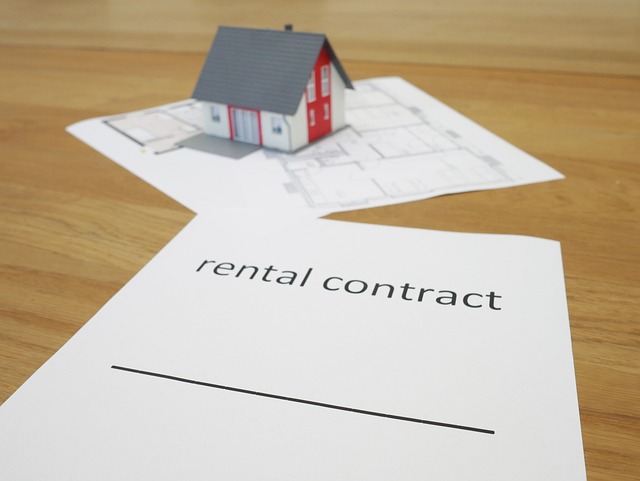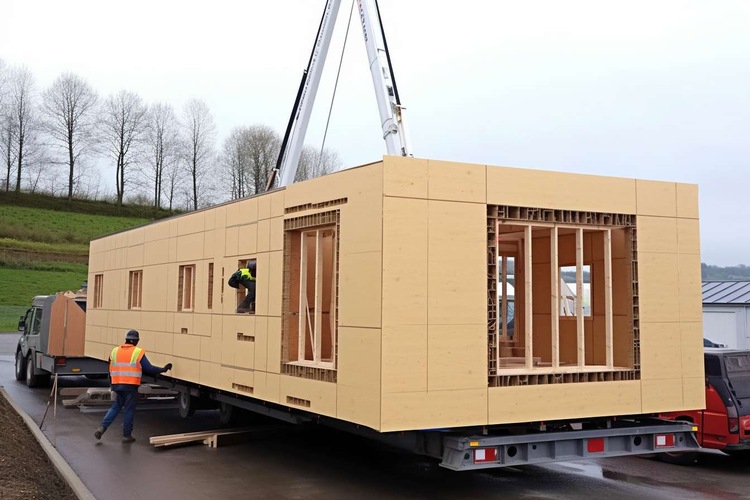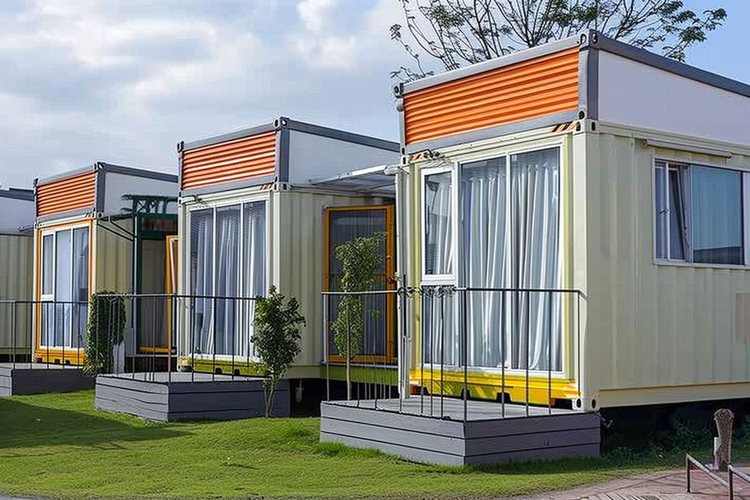Understanding the Rising Trend of Prefab Container Homes in Singapore
Singapore's housing landscape is witnessing an innovative transformation as prefabricated container homes emerge as a compelling alternative to traditional residential options. These modular structures, repurposed from shipping containers, represent a sustainable and cost-effective approach to addressing the nation's evolving housing needs. The growing interest in container homes reflects Singapore's commitment to sustainable development and efficient land use, particularly as urban space becomes increasingly precious. This housing solution appeals to environmentally conscious residents and those seeking affordable alternatives in one of the world's most expensive property markets.

What Makes Container Homes Unique in Singapore’s Context
Container homes in Singapore stand out due to their adaptability to the country’s tropical climate and strict building regulations. These structures undergo extensive modifications to ensure proper insulation, ventilation, and weatherproofing suitable for Singapore’s humid environment. The Building and Construction Authority (BCA) has established specific guidelines for container-based structures, ensuring they meet safety and habitability standards. Local architects and builders have developed innovative techniques to stack and connect multiple containers, creating spacious living environments that maximize vertical space while maintaining structural integrity.
The rapid construction timeline sets container homes apart from conventional housing projects. While traditional homes may take months or years to complete, container homes can be fabricated off-site and assembled within weeks. This efficiency appeals to developers and homeowners facing time constraints or temporary housing needs.
How Prefabricated Homes Are Reshaping Singapore’s Housing Market
Prefabricated homes have gained traction in Singapore as the government promotes innovative construction methods to address housing challenges. The prefabrication process allows for better quality control, reduced construction waste, and shorter project timelines. Singapore’s commitment to becoming a Smart Nation has accelerated the adoption of prefabricated construction technologies, including Building Information Modeling (BIM) and modular construction techniques.
The Housing Development Board (HDB) has explored prefabricated components in public housing projects, demonstrating the viability of these construction methods. Private developers are increasingly incorporating prefabricated elements to streamline construction processes and reduce labor dependency, addressing Singapore’s construction industry challenges.
Prefabricated homes also align with Singapore’s sustainability goals, as they typically generate less construction waste and allow for better material optimization. The controlled factory environment ensures consistent quality while reducing the environmental impact associated with traditional construction sites.
Essential Features of Modern Prefab Houses
Modern prefab houses in Singapore incorporate advanced features designed to enhance comfort, efficiency, and sustainability. Smart home technologies are commonly integrated, including automated climate control systems, energy-efficient LED lighting, and IoT-enabled appliances. These homes often feature solar panels and rainwater harvesting systems, supporting Singapore’s resource conservation initiatives.
Structural innovations include reinforced steel framing, high-performance insulation materials, and impact-resistant windows designed to withstand Singapore’s weather conditions. Many prefab houses utilize sustainable materials such as bamboo flooring, recycled steel components, and low-VOC finishes to promote healthier indoor environments.
Design flexibility remains a key advantage, with modular systems allowing homeowners to customize layouts, expand living spaces, and modify configurations based on changing needs. Contemporary prefab houses often feature open-plan designs, large windows for natural lighting, and outdoor living spaces that complement Singapore’s tropical lifestyle.
| Provider | Services Offered | Estimated Cost Range (SGD) |
|---|---|---|
| Prefab Solutions Asia | Custom container homes, interior design | $80,000 - $200,000 |
| Modular Living Singapore | Prefab house construction, site preparation | $120,000 - $300,000 |
| Container Home Specialists | Shipping container conversion, permits | $60,000 - $150,000 |
| Green Build Modular | Sustainable prefab homes, solar integration | $100,000 - $250,000 |
Prices, rates, or cost estimates mentioned in this article are based on the latest available information but may change over time. Independent research is advised before making financial decisions.
Regulatory Considerations and Approval Processes
Obtaining approval for container homes and prefab houses in Singapore requires navigating specific regulatory frameworks. The Urban Redevelopment Authority (URA) and BCA oversee planning permissions and building approvals, respectively. Container homes must comply with setback requirements, height restrictions, and fire safety regulations similar to conventional structures.
The approval process typically involves submitting detailed architectural plans, structural engineering reports, and compliance documentation. Homeowners must demonstrate that their container homes meet building codes for electrical systems, plumbing, and structural integrity. Some areas may have additional restrictions on container home installations, particularly in conservation districts or landed property estates.
Professional consultation with architects familiar with prefab construction regulations is essential for successful project approval. Many providers offer comprehensive services including regulatory compliance, permit applications, and liaison with relevant authorities to streamline the approval process.
Container homes and prefabricated houses represent a significant shift in Singapore’s housing paradigm, offering sustainable, efficient, and customizable living solutions. As regulations evolve and technology advances, these innovative housing options are likely to become increasingly mainstream. The combination of environmental benefits, cost efficiency, and design flexibility positions prefab container homes as a viable response to Singapore’s ongoing housing challenges, while supporting the nation’s broader sustainability and innovation objectives.




